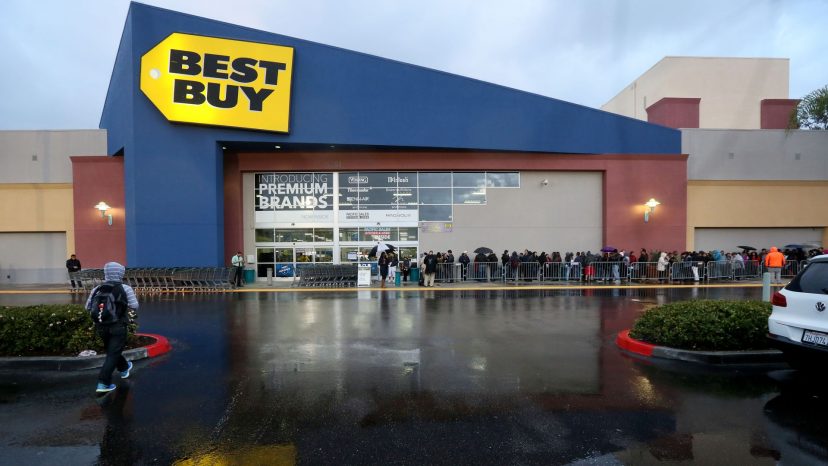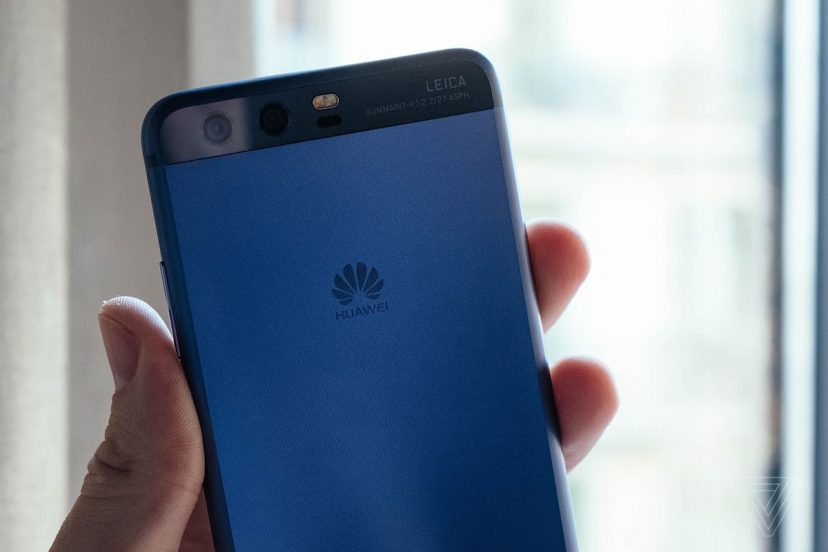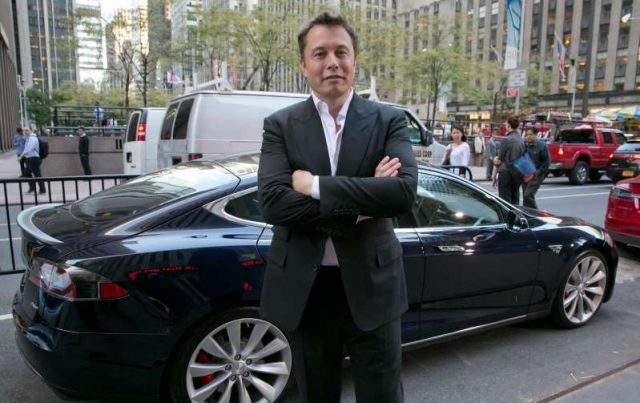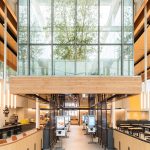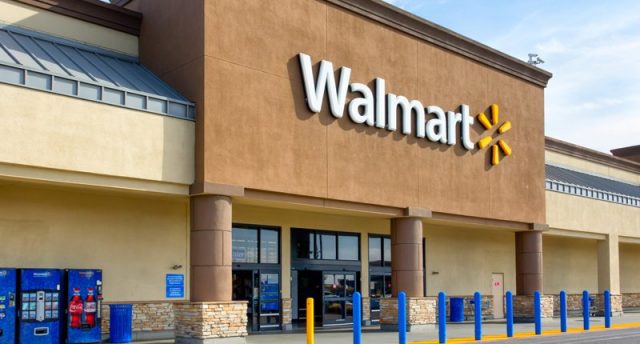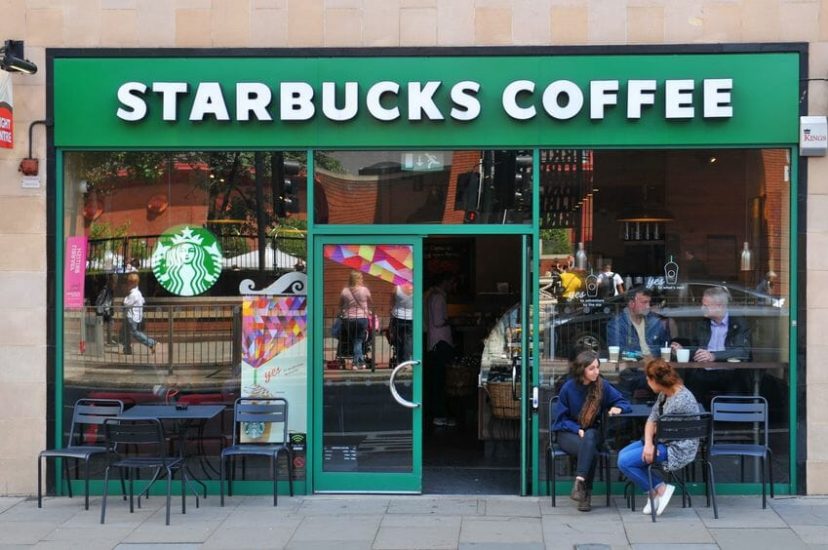Burger chain Jack in the Box is under fire for a sexual innuendo-laden TV commercial to promote a new menu offering.
The spot features “Jack,” the chain’s fictitious CEO known for his oversized plastic head, likening the chain’s Teriyaki Bowls to a part of the male anatomy. “You’ve got some pretty nice bowls, but so does Dan,” the company’s mascot says. A female colleague then compliments “Dan” on his “nice bowls.” The ad contains more than a dozen “bowl-themed” metaphors.
AdWeek’s David Griner denounced the advertisement as “one of the most tone-deaf ads of the #MeToo era.”
‘In perhaps its most telling moment, the ad tries to go meta by having a lawyer explain to Jack that the campaign is inappropriate, but (in a commendable accurate portrayal of male executives), he doesn’t understand what the fuss is about,” Griner wrote.
In a joint statement, Jack in the Box and the ad agency behind the “bowls” campaign, David & Goliath, denied that the commercial makes light of sexual harassment.
“[A]s a brand known by its fans for its tongue-in-cheek, playful sense of humor, this ad is simply a creative and humorous expression around the teriyaki bowl product,” the companies said in a joint statement. “It intends to highlight how a burger brand such as Jack in the Box dares to go beyond the usual fast food fare and serve something different.”
Griner, Creative and Innovation Editor at AdWeek, stands by his criticism.
“In advertising, you can make a brilliantly dumb ad that’s still fantastic,” he said in an email to CBS MoneyWatch. “Sometimes, those are the best ads. But this spot goes dumb without taking the time to be brilliant. Will it work on some folks? Sure. But that’s not a good excuse for celebrating sexual jokes in the workplace.”
“Jack” has appeared in more than 2,000 English- and Spanish-language ads since 1995. With more than 2,000 locations in 21 states and Guam, Jack in the Box is one of the fast-food chains in the U.S.
Jack in the Box isn’t the first restaurant chain to draw criticism for a questionable ad campaign. Carl’s Jr. and Hardee’s used scantily clad models, as well as socialite Paris Hilton, in their commercials for years before corporate parent CKE Restaurants overhauled its advertising strategy last year.
Darren Tristano, CEO of Food Service Results, which tracks the restaurant industry, argues that Jack in the Box’s campaign is less offensive than the approach that Car’ls Jr. and Hardee’s.
“It’s an irreverent approach that drives buzz marketing — it puts Jack in the Box into the conversation and very likely annoys very few people,” Tristano said. “I think it could very much work for them.”
Source:

